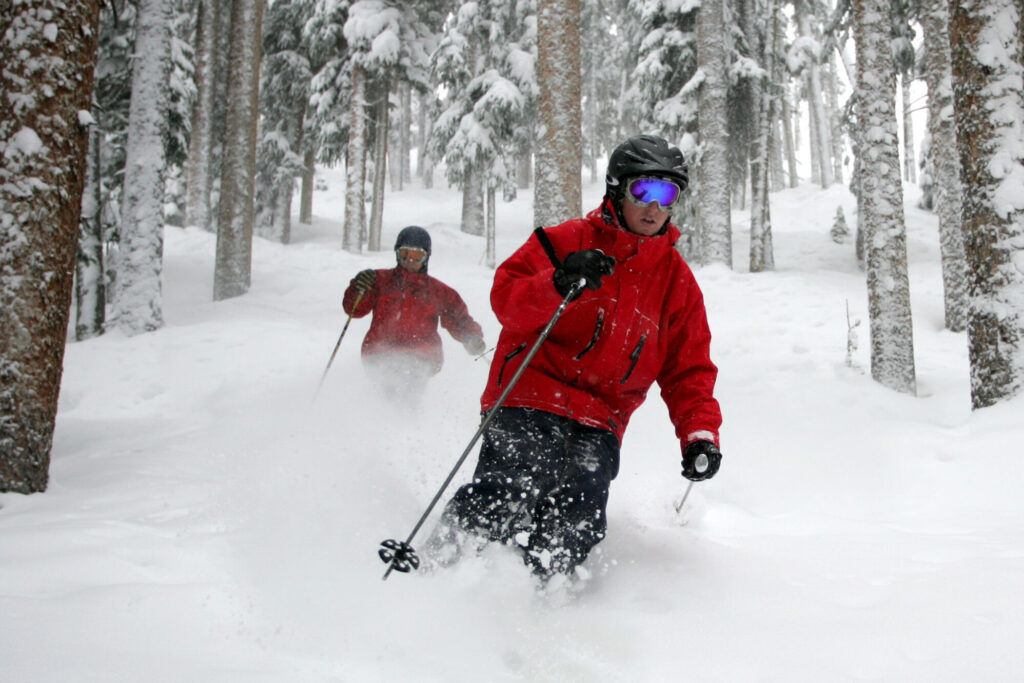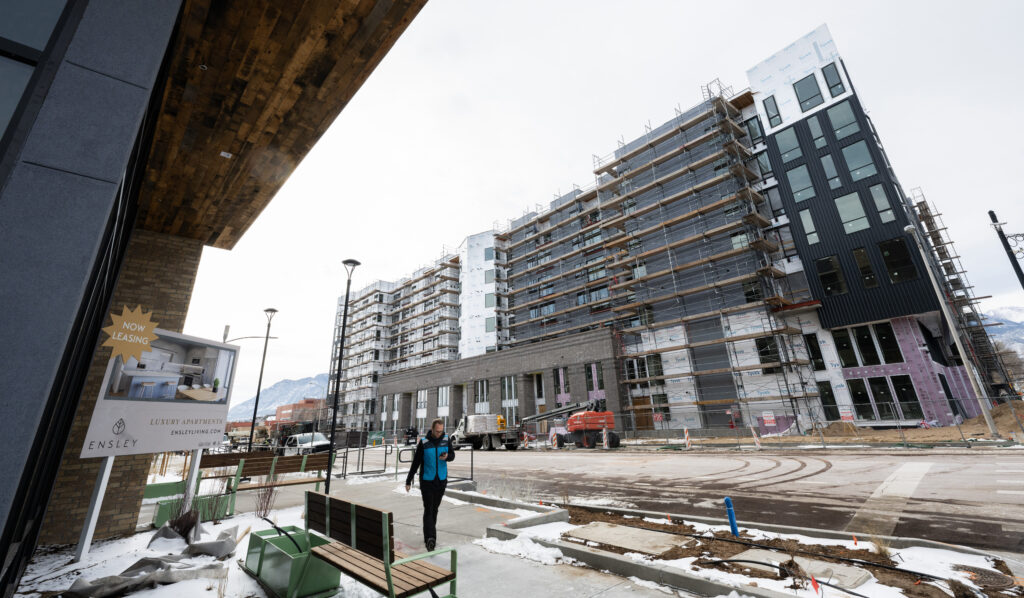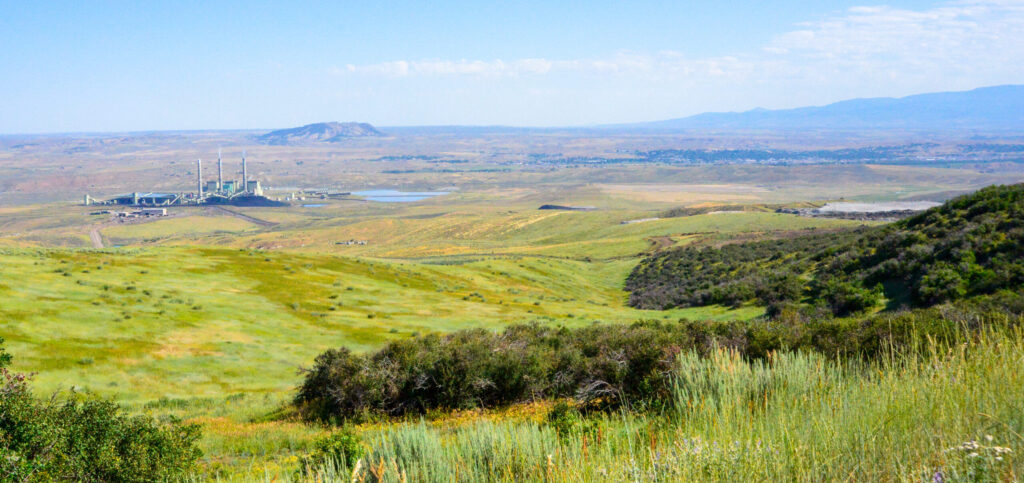As lodging tax hikes hit ballots, Beaver Creek threatens to incorporate

BEAVER CREEK – Mountain counties across Colorado are jumping on the lodging-tax bandwagon at the polls this November following the passage last session of a bipartisan state bill (HB25-1247), but one ski county has run afoul of one of its largest tax sources over the issue.
The Eagle County commissioners last month approved a Nov. 4 ballot question asking voters in mostly unincorporated areas of the county that includes Vail and Beaver Creek ski areas to double its existing 2% lodging tax to 4% to pay for early child care and public safety.
Six other mountain counties – Chaffee, Custer, Gilpin, Routt, Ouray and Park – are also seeking increases.
The nonprofit Beaver Creek Resort Company, which essentially serves as the municipal government for the high-end gated community at the base of Beaver Creek ski area, opposed the tax increase to the point of threatening to incorporate in a letter to the commissioners.
“The possibility of an increased lodging tax in unincorporated Eagle County has led us to investigating incorporation,” Beaver Creek Resort Company Executive Director Jim Clancy wrote in a July 17 letter to the commissioners obtained by The Gazette.
“As you’re aware, this would exclude Beaver Creek from a county lodging tax provided we institute a municipality-specific lodging tax. Our initial research leads us to believe this is a realistic possibility for Beaver Creek,” the letter continued.
Clancy, whose company contracts with Beaver Creek ski area owner Vail Resorts for many of its services, declined to comment further on the possibility of Beaver Creek becoming its own town.
Residents at the base of Keystone ski area, also owned by Vail Resorts, voted to incorporate in 2023, electing its first mayor and town council in 2024, but some Keystone residents and a homeowners association controlled by Broomfield-based Vail Resorts are still embroiled in litigation over tax and local control issues.
“If Beaver Creek were to be incorporated and have its own (town) board, it would be a different board than runs the resort company, and that would be an interesting dynamic that they would have to figure out, because it’s not the same as a county who’s very far removed and has a lot less authority,” Eagle County Commissioner Jeanne McQueeney said in a phone interview. “Counties don’t have the authority to implement a lift-ticket tax, but towns do.”
McQueeney pointed to nearby Vail ski area, which has an incorporated town at its base that has been at odds with Vail Resorts over workforce housing in recent years, including litigation.
Beaver Creek does collect a cumulative 6% in civic and lodging assessments, as well as a mountain special assessment of 5% on lift-ticket sales.
“It goes to their bus service and their flowers and their cookies and the public safety that they do there. So it’s all good stuff for the visitors, but it doesn’t help the workforce,” said McQueeney, who clarified she was speaking in support of Ballot Question 1A as a private citizen. “So we tried over three months to talk to them about what are you doing for your workforce in terms of childcare and in terms of housing, and did you want to take any of that assessment rate and allocate it to housing or childcare, and that was not well received.”
Eagle County, which allocates some of the existing 2% lodging tax that was passed in 2022 to housing, pulled that funding possibility out of this year’s increase request because it will be looking to float a tax for a regional housing authority next year. The previous tax provided a $500 monthly stipend to more than 200 child care workers so they can afford to live here.
Clancy said the resort company did not see the lodging tax increase on a county agenda until mid-July, after the legislative session wrapped up in early May, and while the resort company is very open to discussing additional contributions to the child care and housing shortages, there was not enough time or constructive dialogue.
“The process was pretty short,” Clancy said in a phone interview, adding the resort company is participating in an issues committee to oppose 1A. “They gave about seven weeks to have public dialogue about this, which, considering our tourism economy is pretty foundational to the valley,
I don’t know that that provides adequate time for stakeholdering and really making sure we’re getting input from all those that would’ve been impacted.”
Clancy felt Beaver Creek, which contributes between 58% and 61% of the current 2% tax –totaling more than $5 million the last couple of years – wasn’t given enough time and opportunity to discuss other methods of contributing to solve workforce affordability issues.
“The reality was we were saying, ‘Look, we want a seat at the table. We want to understand what the plans are and how we can help, but we’d like that to be somewhat within our control,” Clancy said. “We believe allowing us to have a seat at the table and contribute to the solutions is much more preferred to just an increased tax.”
McQueeney said the county heard Beaver Creek’s concerns and opted not to go for the full increase to 6% that’s allowed under the new law, compromising with the 2% increase that voters ill decide in unincorporated Eagle County on Nov. 4













